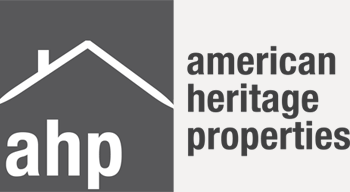How to Perform Rental Home Inspections in San Diego
Today we’re talking about property preservation. That means keeping your property maintained while you’re a landlord. The first step of property preservation is finding the right tenant. The right tenant is more likely to take care of your property the way you would yourself.
Move In Condition
After you find the right tenant, do a thorough move in inspection. Don’t hand the tenant a blank piece of paper and ask them to fill it out. Do a very thorough inspection yourself and include a video or a lot of pictures to supplement that. Go through room by room to document the condition of the walls, flooring, windows, screens, blinds, closet doors and doorstops. Do this in every room. Having that detailed information will protect you if a problem comes up and it lets the tenant know you have thoroughly documented the condition of your property. It encourages them to take better care of your home.
Driving By the Home
The next step is periodically stopping by. You don’t have to go in every time, and there are actually some legalities involved in when you can enter the property. But driving by to get a general view of the property can work in keeping an eye on things. We send out letters to neighbors as well. We want them to have our phone number so they are comfortable contacting us if there is anything that should be brought to our attention. You want them to have someone to call if they notice water running down the driveway one day when the tenant is on vacation. You want them to report anything out of the ordinary.
Move Out Inspection
Another step in property preservation is to conduct a move out inspection. Go through and review the property with the inspection you used at move in. Compare it and charge the tenant for anything that’s been damaged. Maintain your property when it has normal wear and tear so it stays in good condition.
If you have any questions about inspections and how they can help you preserve your property, contact us at American Heritage Properties.










